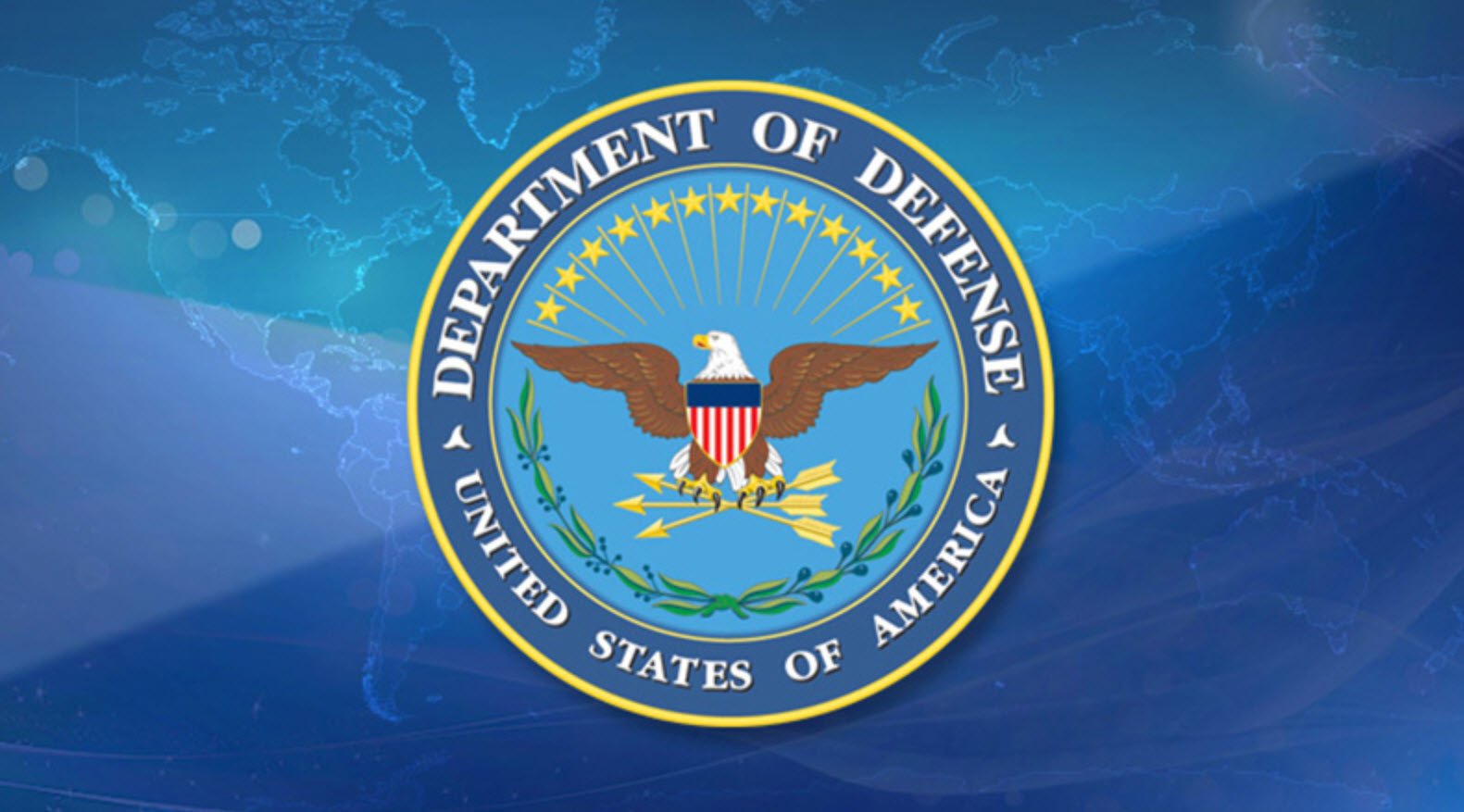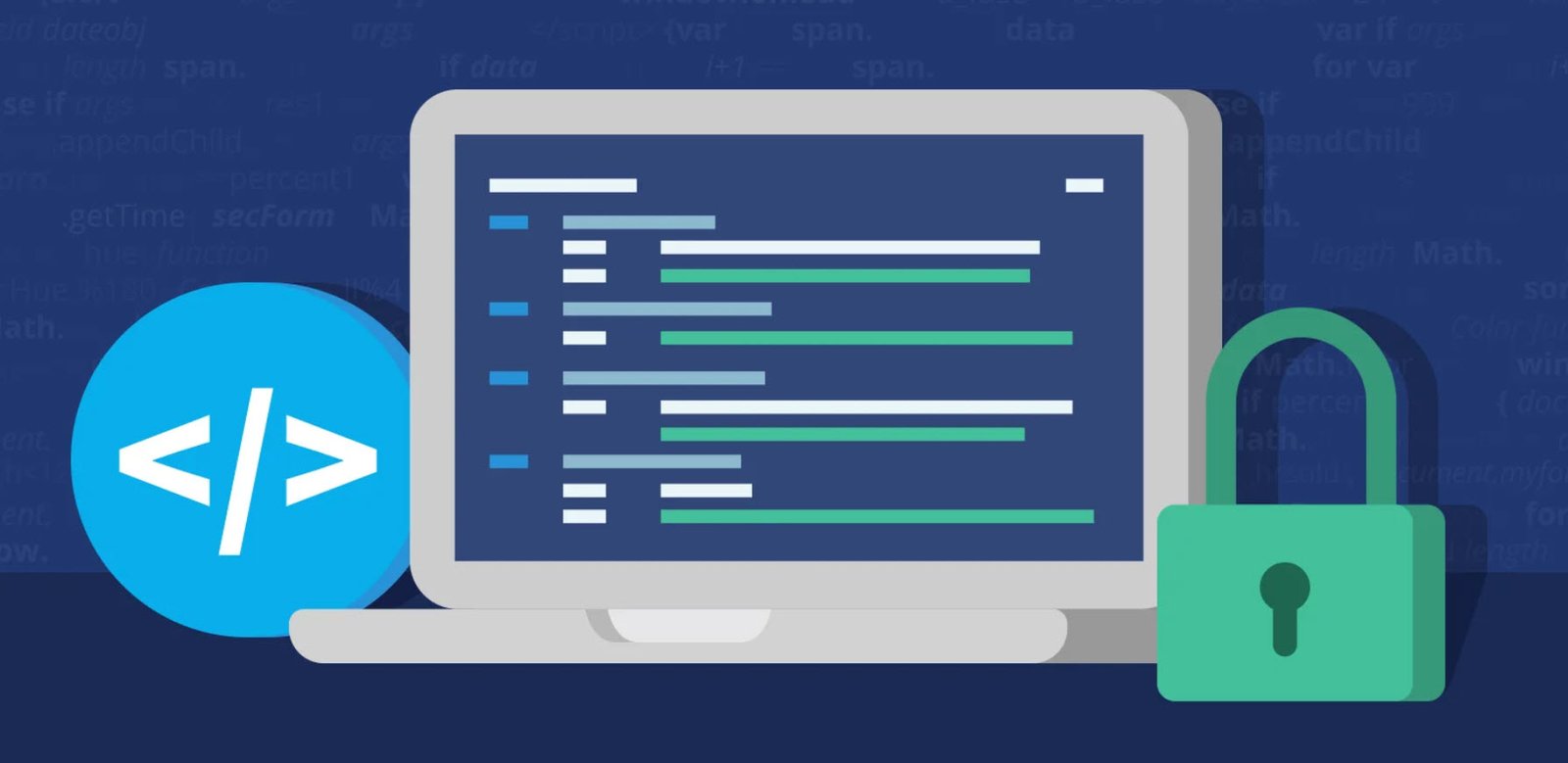
The field of information security management has witnessed significant growth and development over the years. To establish international best practices and guidelines in this domain, the International Organization for Standardization (ISO) and the International Electrotechnical Commission (IEC) collaborated to create the ISO/IEC 27000 series of standards.
This series provides a comprehensive framework for organizations to manage and improve their information security practices. Let’s explore some of the key standards within the ISO/IEC 27000 series and their areas of focus.
1. ISO/IEC 27000: Overview and Vocabulary:
ISO/IEC 27000 serves as an introduction to the entire series, providing an overview of information security management systems (ISMS) and key terms used throughout the standards. It establishes a common understanding of information security concepts and terminology.
2. ISO/IEC 27001: ISMS Requirements:
ISO/IEC 27001 is the core standard in the series and sets out the requirements for implementing and maintaining an ISMS. It provides a systematic approach to managing information security risks, including risk assessment, risk treatment, and continual improvement.
3. ISO/IEC 27002: Code of Practice for Information Security Management:
ISO/IEC 27002 offers a comprehensive set of controls and best practices for information security management. It covers various aspects, including organizational security, asset management, human resource security, access control, cryptography, physical and environmental security, and more.
4. ISO/IEC 27003: ISMS Implementation:
ISO/IEC 27003 provides guidance on the implementation of an ISMS based on the requirements specified in ISO/IEC 27001. It assists organizations in establishing the necessary processes, activities, and resources to effectively implement and maintain an ISMS.
5. ISO/IEC 27004: ISMS Measurement:
ISO/IEC 27004 focuses on measuring and monitoring the performance and effectiveness of an ISMS. It provides guidance on defining metrics, establishing measurement frameworks, and conducting regular assessments to evaluate the success of information security management practices.
6. ISO/IEC 27005: Risk Management:
ISO/IEC 27005 provides guidelines for implementing a risk management framework specific to information security. It helps organizations identify, assess, and treat information security risks by adopting a systematic and risk-based approach.
7. ISO/IEC 27006: Certification Body Requirements:
ISO/IEC 27006 outlines the requirements for bodies providing certification services for ISMS compliance. It ensures consistency and competence among certification bodies, enabling organizations to select reliable and competent partners for conducting certification audits.
These are just a few of the key standards within the ISO/IEC 27000 series. Other standards address specific domains and sectors, catering to the unique requirements of industries such as finance, healthcare, telecommunications, business continuity, network security, incident management, and more.
Adopting the ISO/IEC 27000 series standards offers several benefits for organizations. It provides a globally recognized framework for managing information security, enhances the protection of sensitive information assets, establishes trust with stakeholders, and demonstrates compliance with regulatory requirements.
In conclusion, the ISO/IEC 27000 series plays a crucial role in enabling organizations to establish robust information security management systems. By adhering to these standards, organizations can effectively manage risks, protect their valuable assets, and build a strong foundation for information security in an increasingly interconnected and digital world.
You may also like:- Gmail and Facebook Users Advised to Secure Their Accounts Immediately
- Pentagon’s Proactive Approach to Cybersecurity – Over 50,000 Vulnerability Reports Since 2016
- Windows Hardening – Key Points To Remember
- Top 10 Fundamental Questions for Network Security
- How to Remove x-powered-by in Apache/PHP for Enhanced Security
- 12 Point Checklist – PHP Security Best Practices
- Secure Programming Checklist – 2023 Compilation Guide
- The Ultimate Network Security Checklist – 2023 Complete Guide
- A Comprehensive Guide to Crafting Strong Passwords
- Top 28 Essential Tips To Safeguard Your Computer








